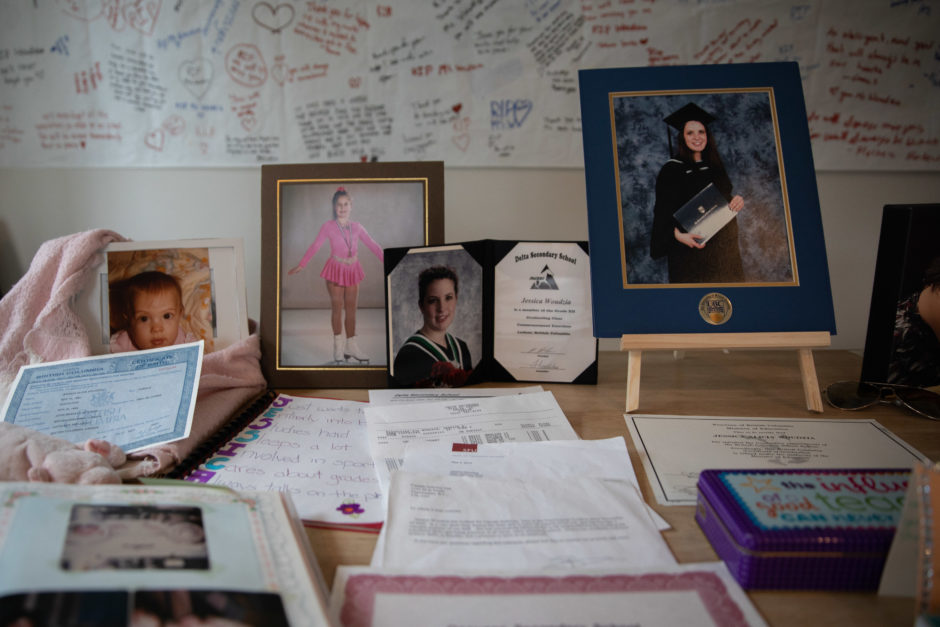October 19, 2019
At one end of her kitchen table, Kathy Woudzia placed her daughter Jessica Woudzia’s birth certificate. At the other end, the coroner’s report explaining how she died of alcohol and fentanyl at age 34.
In between, she placed all the evidence of what made her daughter both so special to her and yet so ordinary, as to be just like anyone's child.
Woudzia invited the CBC into her Ladner, B.C., home to break the silence around her daughter’s death, because she wants federal political candidates to commit to doing more for mental health and addiction this election.
“I wanted to find help for her, but there just weren’t any solutions,” she said.
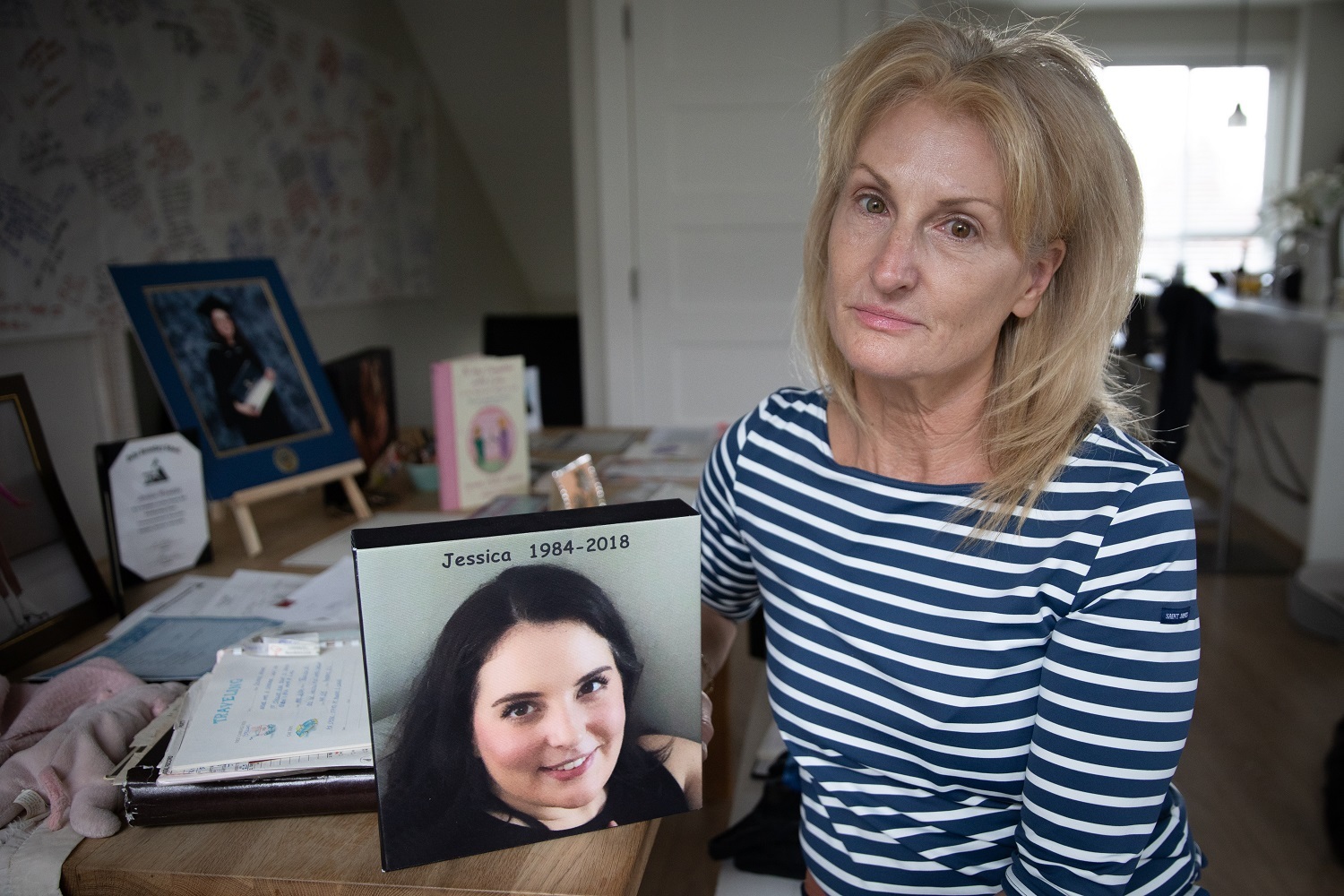
Jessica Woudzia was a mother herself and a teacher at Sands Secondary School in Delta, B.C., when she died.
She was also addicted to heroin.
Born into what Kathy Woudzia describes as "an average family that lives in the suburbs,” Jessica Woudzia was a straight A student who loved science class, rollerblading and the Backstreet Boys. But according to her mom, a sexual assault at age 13 triggered mental health challenges and then a struggle with addiction that killed her in 2018.
She left behind a two-year-old daughter and a mother who was ashamed to tell people she died of an overdose.
“We told people she was out clubbing, and someone put something in her drink,” said Woudzia.
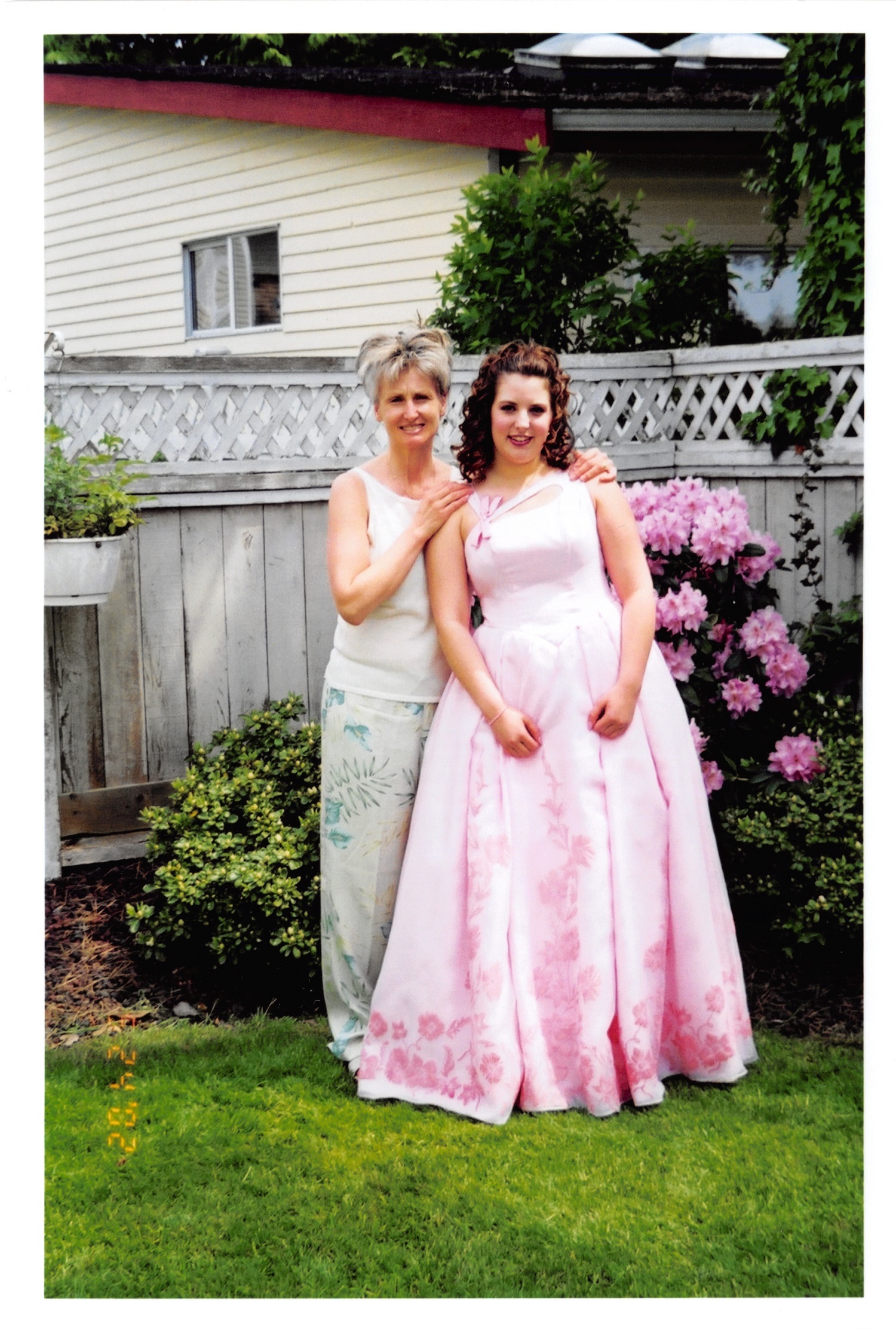
Jessica Woudzia tried to overcome her addiction.
In the months before her death, she started a program that required her to take Suboxone -- a drug used to treat opioid addiction by reducing cravings and withdrawal symptoms -- in front of her local pharmacist. But she was terrified a colleague or one of her students would see her, so she quit.
Kathy Woudzia paid for drug counselling, but her daughter could not even admit to a mental health professional that she was smoking heroin.
As a kid, Jessica Woudzia loved figure skating. A photo displayed in her mother’s home shows her with a pink costume and matching scrunchie in her hair. Next to the image are notes of praise from teachers and report cards full of A's.
But according to Woudzia, her daughter was living with the trauma of being sexually abused by a close family member when she was 13.
“At the end of the day, that kind of messed her up. But I didn’t really have the insight back then,” said Kathy Woudzia, who at the time, was a single mother of three.
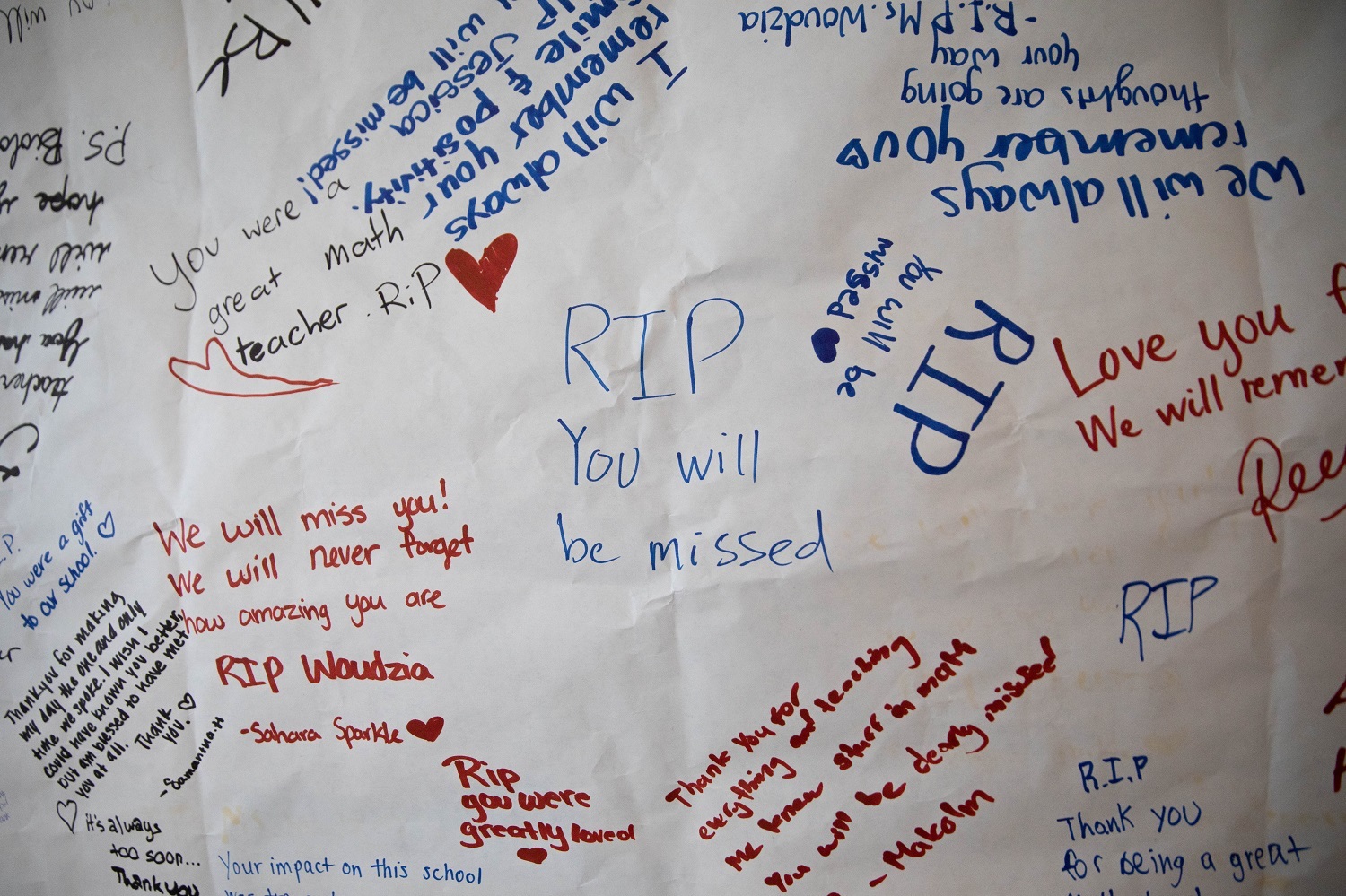
Kathy Woudzia said there was never any indication her daughter was doing drugs while she was a teenager or while pursuing a Bachelor of Science at the University of British Columbia.
“She had such high standards for herself,” she said.
But at some point in her 20s, Jessica Woudzia tried Oxycontin with her boyfriend, Evan Ruel.
Ruel told CBC in a phone interview the pills were provided by a friend who had been prescribed the opioid by a physician.
After the first try, Ruel said he felt mentally lighter, like he was floating. He and Jessica did it more and more — until they couldn’t stop.
In 2012, Jessica Woudzia graduated a newly-minted teacher from UBC. In 2014, while teaching and hiding a full-blown addiction, she discovered she was pregnant.
After Jessica's daughter was born, Kathy Woudzia tried to help the new parents while keeping a close eye on their baby.
“My bar was always, was she loved, was she bathed, was her diaper changed, was she fed,” said Kathy Woudzia about her granddaughter.
The couple would eventually separate in an effort to get better on their own, because, as Ruel said, they had become each other’s enablers.
But on April 21, 2018, Jessica Woudzia was found dead by her roommate in the Vancouver apartment they shared. Kathy Woudzia said her final goodbye the next day when she identified her daughter’s body. The cause of death was an overdose of fentanyl and alcohol.
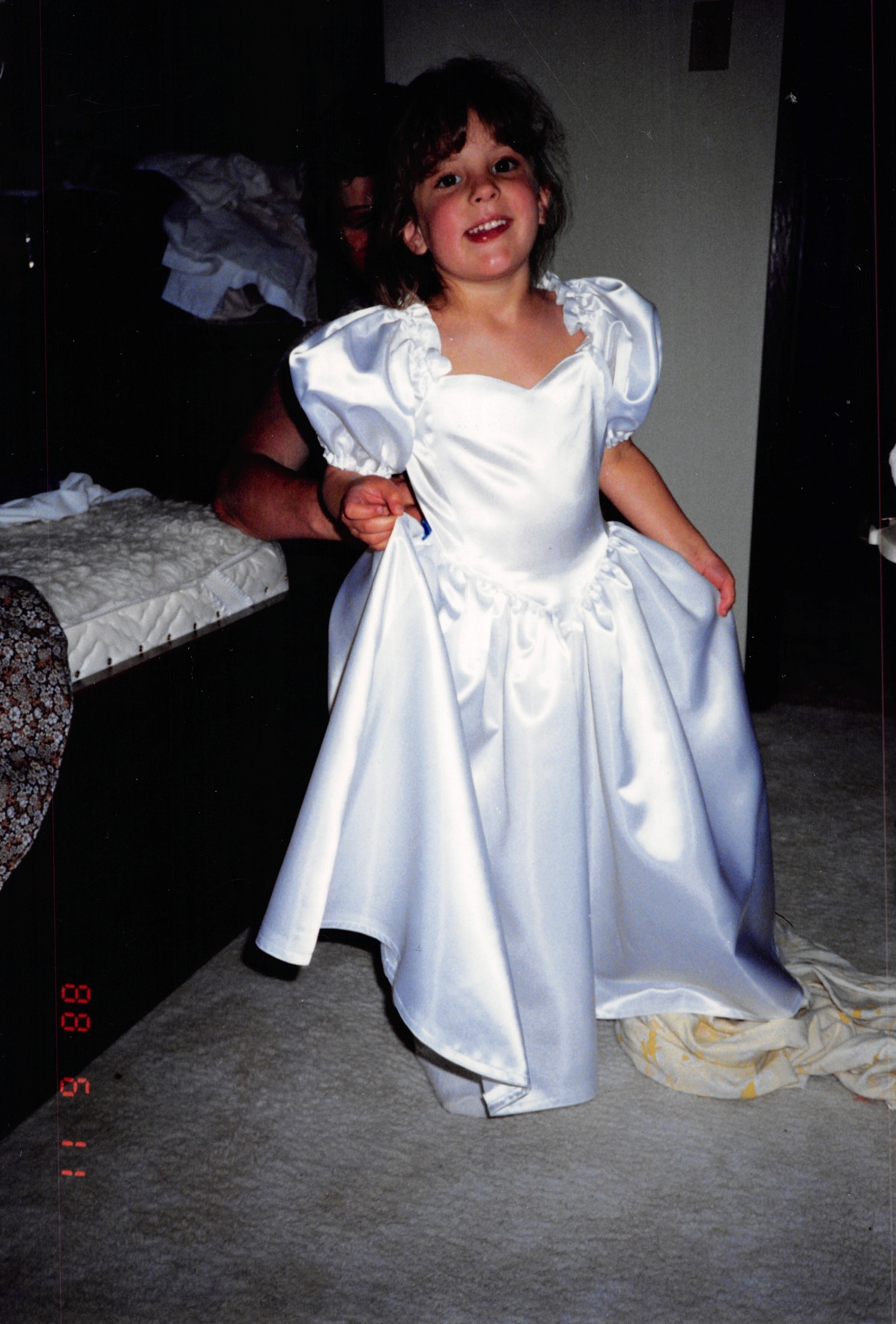
Now, days before the federal election, she is breaking the silence on what happened with the hope that politicians will hear and help others.
“This opioid epidemic, it is exposing ... just how bad the mental health crisis is today,’ she said.
CBC reached out to the federal candidates in Kathy Woudzia’s riding.
Randy Anderson-Fennell, the NDP candidate for Delta, said there are too many stories like the Woudzias, with 11 Canadians dying from an illicit drug overdose every day.
“There are 11 stories a day that are similar to this one and that’s unacceptable,” said Anderson-Fennell.
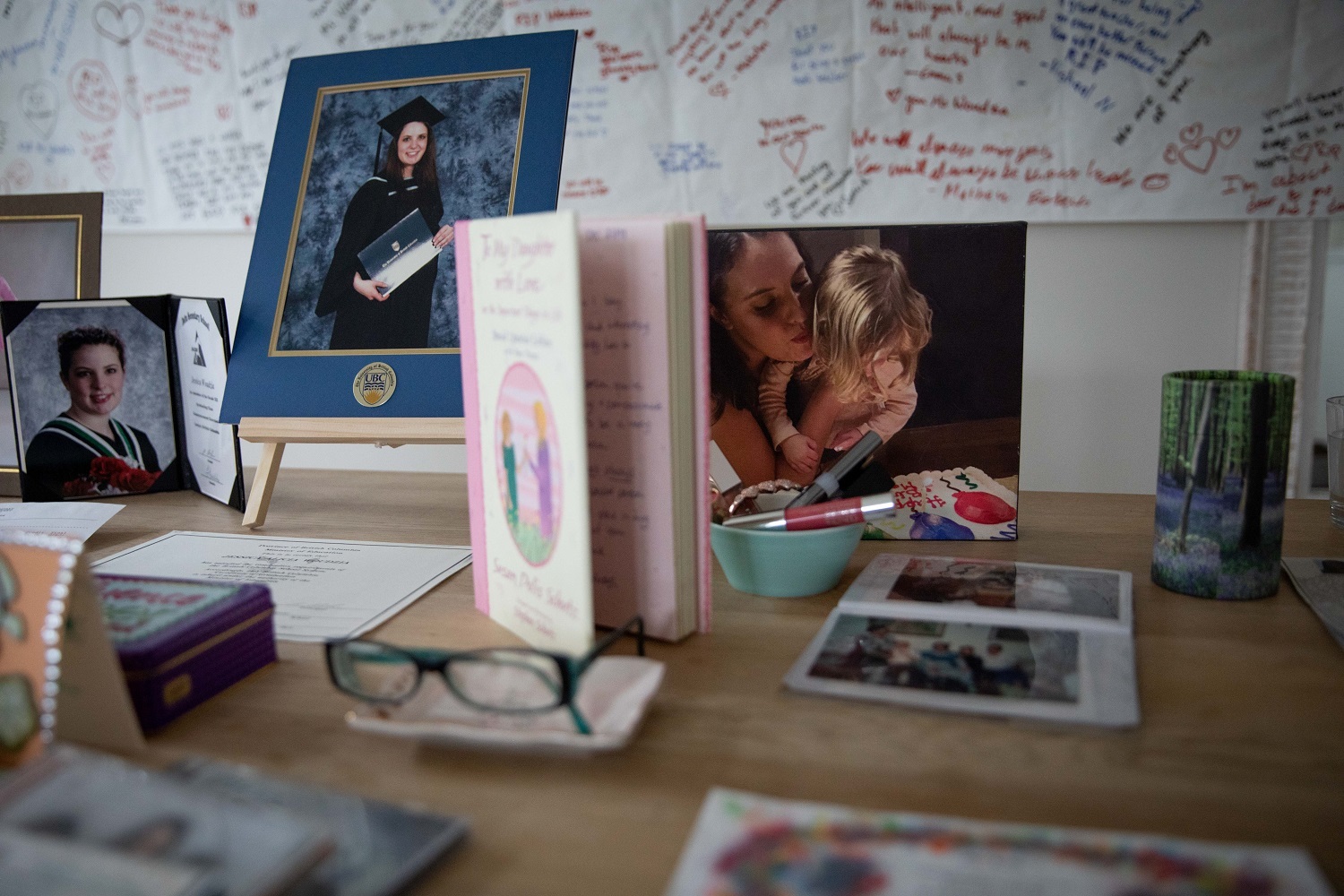
Anderson-Fennell and Green Party candidate Craig DeCraene told CBC in a phone interview they want the opioid crisis declared a federal public health emergency and drug possession decriminalized to reduce stigma.
Liberal Party candidate Carla Qualtrough said in a statement the party will invest in community-based services and in-patient rehab beds. People’s Party of Canada candidate Angelina Ireland said in a statement her party would like to see better provincial funding “to tackle their massive health-care responsibility.”
The Conservative Party candidate for Delta, Tanya Corbet, did not comment.
Tap here to listen to a radio documentary about Jessica Woudzia's story on CBC's The Early Edition.
